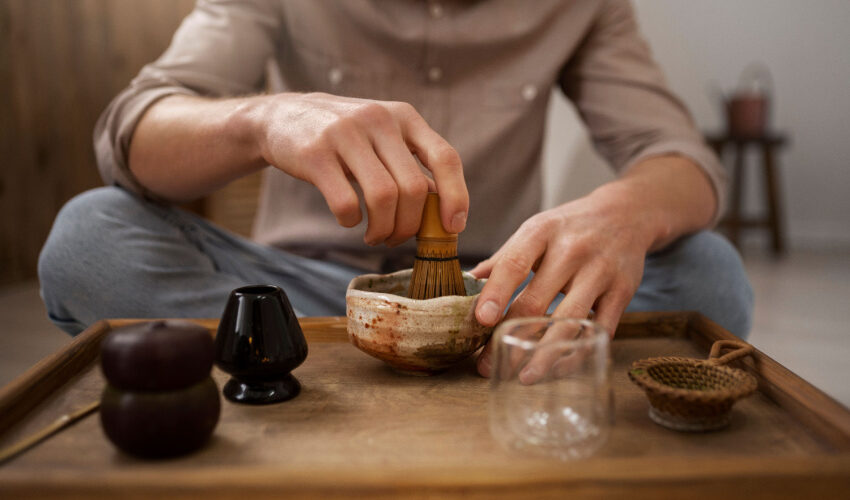Easing Stress and Navigating Conflicts: Strategies for Unwinding.
In the hustle and bustle of modern life, finding moments of tranquillity and peace has become increasingly difficult, whether after a long day of work, during times of stress, or following a heated disagreement. Knowing how to balance and centre yourself again, and how to relax effectively is essential for maintaining our mental and emotional well-being. Let’s explore a range of strategies for unwinding and easing stress that can help you navigate these scenarios mindfully.
Calming Down After Work
Some of us have it easier to disconnect from work once we are off the clock – but for others, clearing your head and unwinding from the demands of the day can some days feel impossible. And the result is a packed mind, that won’t let thoughts of work go. If that’s the case, it’s important to know how to concentrate on yourself instead. But how?
One tried-and-true method is engaging in physical activity – be it a leisurely walk or a gentle yoga session to melt away tension and release endorphins – but an intense session at the gym can work wonders, too.
Disconnecting from digital devices is equally vital, especially if you’ve been using them all day. Pick up a book, dabble in gardening, or immerse yourself in a craft – whatever lets you escape the digital world and reconnect with your own thoughts.
A warm drink like hot chocolate or, even better, tea can also slow you down and create a cosy atmosphere. Especially if it comes with its own preparation process to ease you into it, like the ritual of making a matcha tea, collecting your own herbs or melting chocolate and boiling your milk in a pot, instead of just letting the kettle do its work.
And who can resist the allure of a warm bath infused with aromatic essential oils?
Navigating Stressful Situations
When stress threatens to overwhelm you, remember the healing power of nature. A peaceful walk amidst the great outdoors can be transformative, allowing you to not only reconnect with the world but also step away from whatever it is that is troubling you. Creating a distance in both body and mind can help to clear your head and approach the issue with new energy and new perspectives.
If you are particularly stressed, deep breathing exercises and mindfulness meditation can also offer powerful tools for easing into relaxation. Only a few minutes of intentional breathing can calm your racing thoughts, while meditation gently guides you into the present moment.
Listening to calm sounds like nature or water or indulging in a bit of aromatherapy can elevate this further. Scents like lavender and chamomile for example encourage relaxation.
Collecting Yourself after a Fight or Disagreement
Conflict is, unfortunately, an inevitable part of human relationships – but mastering the art of recovery is key, to not let it overwhelm you.
Begin with a break – give yourself and others the space needed for emotions to calm down. Engaging in a bit of self-care can be profoundly healing, so try doing something that brings you joy. And once ready, communication is your best ally.
Engage in open, calm dialogue and strive to understand one another’s perspectives. Try to seek resolution, rather than placing blame. Humour can be a secret weapon here, dissolving tension and reminding everyone, that shared laughter can mend even the deepest of rifts.
Do What Makes You Feel Good
Remember that the practice of relaxation is not a one-size-fits-all. Explore all strategies and discover what really resonates with you.
And if stress, conflicts, or emotional struggle persist, consider seeking guidance from professionals who specialise in well-being. In our world that is in constant motion, the ability to relax is a true gift – a skill, that can be learned, honed, and perfected over time.

